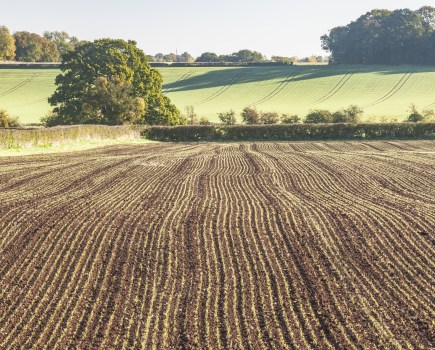One way of financing the purchase of your vineyard and/or winery is to borrow money from a lender. This article gives you an insight into how lenders look at these situations so you can be prepared.
Why is the lender asking for a ‘fixed charge’ on my property?
If you are borrowing money to buy a Vineyard the lender will want to protect their investment. Lenders can accomplish this by taking a fixed charge (which is like a mortgage) over your property as it will be the most valuable asset you own and it cannot move or disappear (like machinery or wine in barrels).
Another reason for taking a fixed charge is to do with the order of payouts if you go bust. If you are a company that goes under – the lender with the fixed charge can leap-frog everyone else, including shareholders and other unsecured creditors (such as your suppliers with unpaid invoices), to the top of the payout list. It is an attractive place for lenders to sit.
A fixed charge also means the Lender has control and you cannot for example, develop the property (such as add a winery) or grant any leases without the lender’s consent. As always, the lender is protecting their money so they do not want you to do something which could lower the value of the property.
Why is the lender asking for a ‘floating charge’?
The law loves its quirky names. A floating charge does what is says on the tin – it ‘floats’ above all your assets like a cloud – present but not attached to your assets. This includes your property, your stock, machinery, cash in the bank etc. as well as anything you acquire in the future so long as the floating charge is in place. Only companies and partnerships can give floating charges (also called ‘debentures’).
Floating charges exist because some assets need to come in and out (such as your stock) and the floating charge means you can trade without having to run to your Lender each time. If you default on your loan the charge stops ‘floating’ and instead drops and ‘fixes’ onto your assets on that date.
Some lenders understand that those in the agricultural arena are not comfortable with giving floating charges and will not ask for this as part of the security.
What other security could the lender want?
In addition to the fixed and sometime floating charge, the lender may look for other ways to protect their money. The ones I most frequently see are ‘Guarantees’ where a person or company/partnership guarantees the debt of the borrower. Typically this means if the borrower defaults on their loan then the guarantor must step in and pay the lender instead.
What happens if I can’t pay my lender back?
‘The House always Wins’ – and in this case the lender is the house.
The best (and usual case) is the loan continues without a hitch and the borrower can make their monthly payments. If the borrower defaults on the loan or goes bust – the lender can enforce their security, take possession of the property (and other assets), and sell the property to pay off their loan. If there is an issue, they can turn to the guarantee and have that individual or entity pay out instead. They have several options.
The takeaway
In most cases, the loan proceeds without any issues but if you are looking to buy a vineyard or winery using a lender it is good to know what types of security the lender may want from you.
This article does not constitute legal advice.


